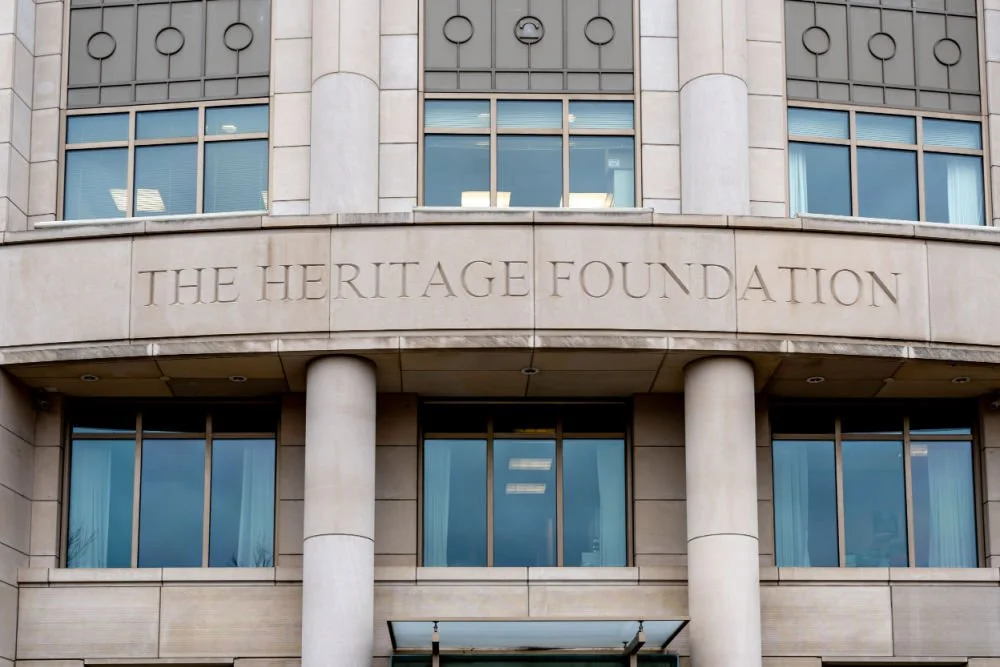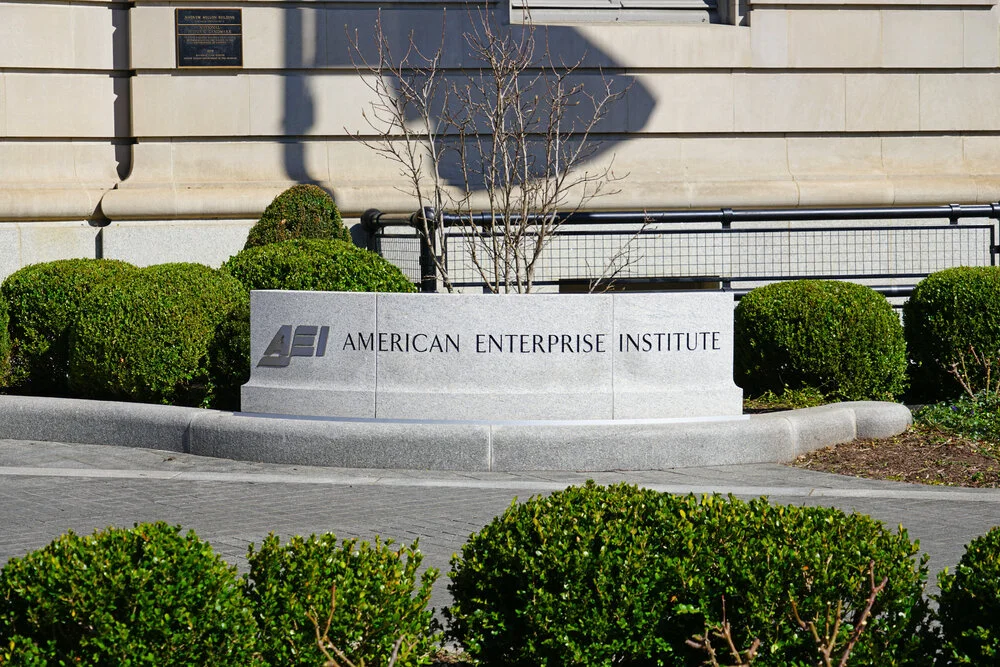Unrigging the Rules: How This Funder Is Taking on Inequality
/photo: Miro Vrlik Photography/shutterstock
Anna Lefer Kuhn began as executive director of the Arca Foundation in 2008, the week Lehman Brothers collapsed. During the crash and its aftermath, she says, it became clear that the financial sector’s concentrated economic and political power had rigged the rules in favor of the rich, exacerbating inequality.
That belief isn’t exactly unusual, especially on the left. But according to Kuhn, philanthropy’s response has been underwhelming. “What struck the foundation was that there was a robust set of organizations working on inequality issues, but very few that had the capacity and infrastructure to respond to the [2008] crisis.”
We’ve written before about conservative funders, often with modest assets, that have patiently underwritten policy research and advocacy work. Those funders have built and nurtured a strong infrastructure that melds together research, communications and legislative outreach to advance right-wing ideas. Conservative foundations have given particular attention to funding work on issues like financial regulation and fiscal policy that aren't sexy but have huge implications for how the economy functions—and who gets what.
Arca is also a smaller foundation, with around $50 million in assets. Over the years, it has taken a similar behind-the-scenes approach in its domestic grantmaking, but with a very different set of priorities in mind. It sends a steady stream of support to think tanks, media initiatives and grassroots organizers who want to hold Wall Street to account. Recent grantees range between research groups like the Institute for Policy Studies, the Economic Policy Institute and the Roosevelt Institute, and on-on-ground players like Illinois’ Grassroots Collaborative and Color of Change. Some of its funding flows through intermediaries like the Tides Foundation, the Proteus Fund and the New Venture Fund.
Arca’s resources are modest, but its grantmaking is significant, given that many progressive funders aren't so focused on structural reforms to the nation’s economy. While we report often on efforts to reduce inequality by foundations like Kellogg, Ford, Annie E. Casey and Open Society, much of this grantmaking sidesteps larger issues about how economic life is organized and, especially, Wall Street's outsized role and influence. Many of the big liberal funders have spent a lot more on “raising the floor,” as Kuhn puts it, than on unrigging the system.
That observation tracks with IP's coverage of inequality funding. We've seen major grants supporting causes like labor rights, asset building or early childhood education. But nearly a decade after the sub-prime mortgage crisis, there's still only limited funding for work on financial regulation—even as Republicans push to roll back reforms passed after the crisis. Arca's biggest grant both this year and last, for $125,000, supported Americans for Financial Reform, the coalition group that's been leading the fight for stronger oversight of Wall Street—yet has only around a dozen staff. Initiatives that critique globalization and free trade have long had an even harder time landing grants, leaving these issues to be weaponized by Donald Trump during his run for the presidency.
Related: Bypassed: How Philanthropy Forgot About the White Working Class
Since the 2016 election, Kuhn sees smaller foundations as key players in the fight against systemic inequities. She told me, “A lot of the most exciting organizing in this moment was nonexistent five years ago. Emerging leaders and organizations are engaging folks in new ways on complicated structural issues.” Smaller foundations, she said, “took the risk with some of these groups. That’s the role of smaller foundations: Be in early on issues that may be complicated.”
Racial justice is a case in point. While some larger funders like Kellogg have been active in the area for a while, the current push for leadership from people of color and other impacted communities draws on support from smaller supporters, including community foundations.
Kuhn says Arca’s focus on racial justice has increased in recent years. But that work remains tied to the foundation’s general campaign against the “financialization” of American life. When a downturn occurs, or when financial practices are at their most extractive, Kuhn says it’s often communities of color (and low-income areas in general) that are the most affected.
Those effects often play out on the local level, despite financial reform’s frequent portrayal as a national issue. Change, according to Arca, must come from below and work its way up. As we’ve written before, a pivot to the states and localities makes sense for progressive funders facing a hostile Washington D.C. Kuhn believes “it’s a priority to support coalitions and organizations that bring together grassroots groups with national groups.”
She cites Arca’s support for organizations like Public Citizen and Americans for Financial Reform, as well as the Roosevelt Institute’s Refund America Project. In other words, efforts that blend policy clout with the energy of an engaged grassroots. If it worked for the Tea Party, maybe it’ll also work for the resistance.
Related: Think Blue: A Way Forward for Liberal Philanthropy in the Age of Trump
This all smacks heavily of politics, but despite Arca’s progressive bona fides, Kuhn doesn’t see a focus on inequality or even racial justice as fundamentally “leftist” or at odds with conservative Americans. She has a point, given that there was plenty of intense anger on the right about bailing out Wall Street after the financial crisis. Unfortunately—and bizarrely—that anger was harnessed to a right-wing populism that's only made Wall Street more powerful while fostering new racial divisions. Still, Kuhn sees the potential to create a broader push to rein in financial and corporate interests. “If you look at the politics of the moment, and the rise of a populist movement, we can have a movement to unrig the rules of the economy that’s not about blaming those most impacted.”
What’s ironic is that some firms like JPMorgan Chase, Bank of America and Citi, to name a few, have been rolling out their own philanthropic efforts to ostensibly reduce inequality, often by boosting job prospects for youth and communities of color. These projects, Kuhn says, pursue “different goals” and put “Band-Aids on the wounds without addressing how the economy is functioning, or who doesn’t have power.” The research sphere itself has been subject to the same tension, as think tanks derive increasing support from corporations—Brookings being a prime example.
We wouldn't be so quick to dismiss the funding efforts by banks, which include substantial infusions of capital into community financial development institutions and major grants for capacity building by local nonprofits working on poverty. But Kuhn is right that these funders have zero interest in disrupting the economic status quo at a deeper level—a status quo in which Wall Street remains a major winner.
Whatever the case, one thing seems clear: There's plenty of room for new grantmaking that's focused on the structural workings of the economy and that challenges the financialization that's occurred in recent decades and is deeply implicated in high levels of inequality. Arca may be small, but it's become a leader in this all-important niche.
Related:







































